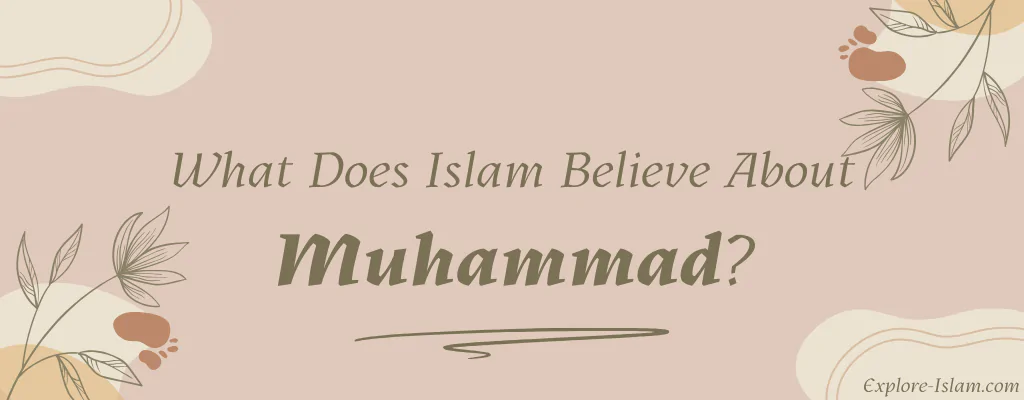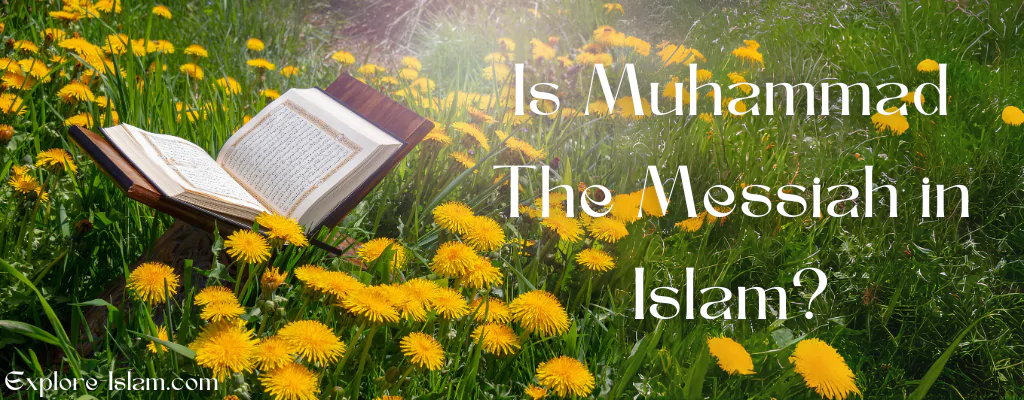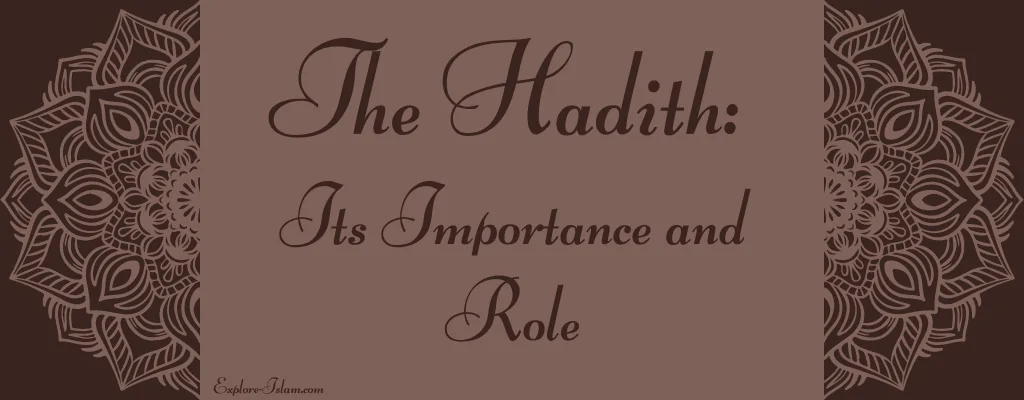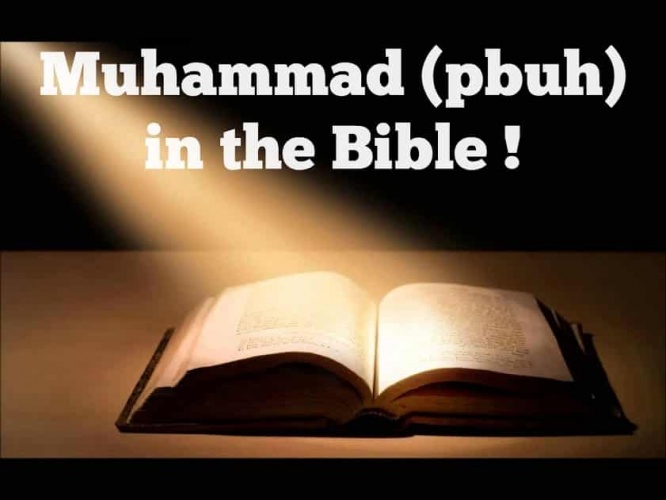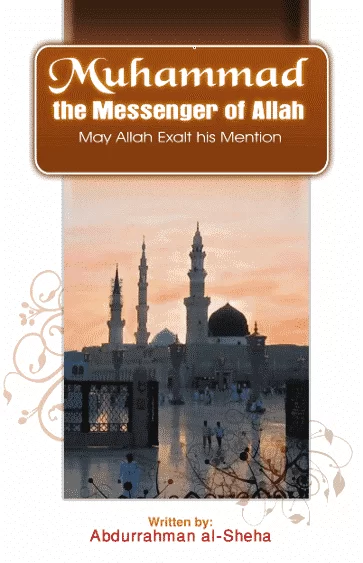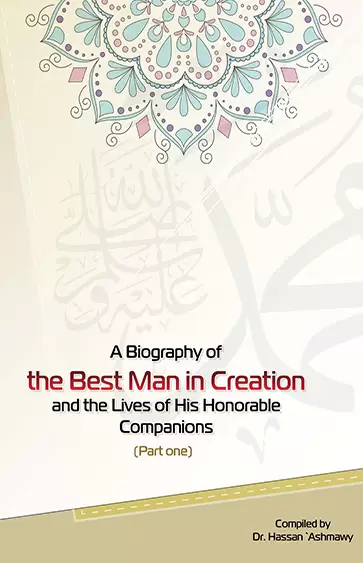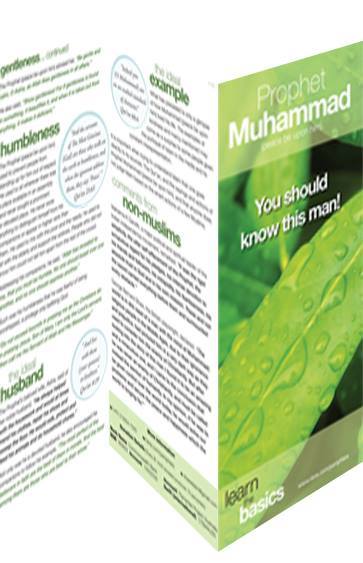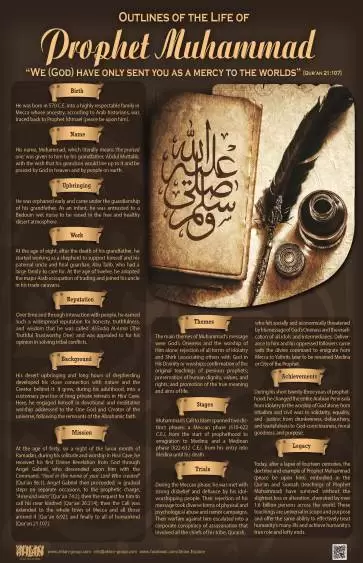In an age where material wealth often defines success, the Prophet Muhammad view on life offers a profound contrast. His generosity, even in the face of scarcity, exemplifies a perspective that transcends worldly possessions.
The title of this article may seem intriguing to those unfamiliar with the story behind it. The quote “Muhammad gives away as someone not fearing poverty” comes from an incident involving Prophet Muhammad (peace be upon him) and a man who was deeply moved by the Prophet’s actions.
This article explores a significant incident that highlights the Prophet’s selflessness, revealing his deep trust in God’s provisions and his lack of attachment to material wealth. Through this story, we gain insight into the values that shaped his life and the timeless lessons they offer for our own.
Generosity of the Prophet Muhammad as Reflection for His View on Life
To begin with, the generosity of Prophet Muhammad (peace be upon him) offers a profound reflection on his view of life, emphasizing the importance of selflessness and faith in God’s provisions. This hadith illustrates how his boundless charity inspired others to embrace Islam, showcasing his unwavering trust in the divine over material wealth.
“It never happened that Allah’s Messenger (ﷺ) was asked for something for the sake of Islam, and he did not give it. Once, a man came to him, and he gave him a large flock of sheep and goats. The man returned to his people and said: ‘My people, embrace Islam, for Muhammad gives so much charity as if he has no fear of want.‘” [Sahih Muslim]
Prophet Muhammad’s act of giving, without fear of poverty, serves as a timeless lesson in prioritizing spiritual wealth over worldly possessions. His example continues to inspire believers to trust in God’s abundance and to give generously in the path of righteousness.
A Remarkable Incident for Muhammad’s dealing with wealth
The following incident took place after the Battle of Hunain. Safwan Ibn Umaiyyah, one of the leaders of Quraysh who was not yet Muslim, witnessed the Prophet’s extraordinary generosity. As he looked over a valley filled with cattle—an invaluable possession akin to gold at the time—the Prophet noticed his admiration and asked, “Do you like what you see?” When Safwan replied, “Yes,” the Prophet responded, “Take it, it is yours.”
In awe, Safwan declared, “Only a prophet could have given this,” and soon after, he accepted Islam, returning to his people with the now-famous words.
The Value of Wealth in the Eyes of Prophet Muhammad
At that time, cattle were among the most valuable assets one could possess. Yet, Prophet Muhammad (peace be upon him) gave away an entire valley filled with cattle without hesitation. In a world driven by materialism, this act challenges our perceptions of wealth and ownership.
While many of us may take pride in our material possessions, the Prophet’s actions demonstrate a complete detachment from worldly gains. He saw the material wealth as nothing, giving it away freely, expecting nothing in return—not even gratitude.
The Purpose of Charity in Islam: Winning Hearts, Not Wealth
In Islam, giving charity, especially to those unfamiliar with the faith or new to it, serves a higher purpose. The aim is not merely to provide material assistance but to touch hearts, bringing people closer to the light of Islam. Such acts show that life is not about being enslaved by material wealth but about seeking greater, incomparable rewards in the hereafter.
Thus, Prophet Muhammad’s act of giving away immense wealth without a second thought sets a profound example of this principle. It teaches us to break free from the shackles of materialism and focus on the higher spiritual rewards.
The Transformative Impact on Safwan Ibn Umaiyyah
Consider how Safwan must have felt after this encounter. The sheer generosity of the Prophet left him stunned, causing him to forget the material wealth he had just received and to ponder the reality of the situation. In other words, He realized that for someone to give away such immense wealth without hesitation, they must possess something far more valuable—a truth that led him to conclude that Prophet Muhammad was indeed the true Prophet of Allah.
Also, Safwan’s experience illustrates how the Prophet’s actions could lead a person to faith, transforming his pursuit of material benefits into a deeper understanding of spiritual wealth.
Reflections of Prophet Muhammad View on Life
Prophet Muhammad’s view on life as a transitional temporary phase that the Muslim should work on to have the full reward and comfort in the hereafter is reflected in his lifestyle. Following are some reflections of Prophet Muhammad (PBUH) view on life:
The Prophet’s Humble Meals
Prophet Muhammad (ﷺ) lived a life of humbleness, even in his meals. His simplicity serves as a profound reminder that true fulfillment is not found in luxury but in contentment with what is necessary.
“The Prophet (ﷺ) did not eat at a table until he died, nor did he eat thin, nicely baked wheat bread until he died.” [Sahih al-Bukhari]
The Prophet’s Simple Bedding
The Prophet’s (ﷺ) humble bedding reflects his detachment from material comfort. His life was a testament to the value of simplicity and spiritual focus over worldly indulgence.
Narrated Aisha (the Prophet’s wife):
“The bedding on which Allah’s Messenger (ﷺ) slept was made of leather stuffed with palm fiber.” [Sahih Muslim]
The Prophet’s Modest Diet
Even when food was available, the Prophet (ﷺ) and his family practiced moderation. This restraint underscores the importance of self-discipline and gratitude in Islam.
“The family of Muhammad (ﷺ) never ate their fill of wheat bread for three consecutive days until he died.” [Riyad as-Salihin]
The Prophet’s Household
The scarcity in the Prophet’s (ﷺ) household, even at the time of his death, highlights his consistent focus on spiritual wealth rather than material possessions.
Narrated Aisha:
“The Messenger of Allah (ﷺ) died when my house was void of any edible thing except for a small quantity of barley I had on a shelf.” [Riyad-as-Salihin]
Thus, Prophet Muhammad’s life encourages us to prioritize our spiritual journey over worldly accumulation.
Conclusion: A Man Who Valued Faith Over Wealth
To conclude, Prophet Muhammad could have acquired immense wealth, yet he chose a life of simplicity. This story is just one example of how he valued spiritual wealth over material gain. Despite the lies and hatred spread by those who seek to tarnish his image, I encourage you to put aside prejudice and learn about this remarkable man for yourself. Reflect on his life, his generosity, and the profound impact he had on those around him. You’ll understand why the man who sought material wealth returned with faith and peace in his heart.
Read, learn, and decide for yourself:
Be Muslim, for Muhammad gives away as someone who doesn’t fear poverty.
Curious to know more about Islam. you can start [one-to-one conversation] right now!



